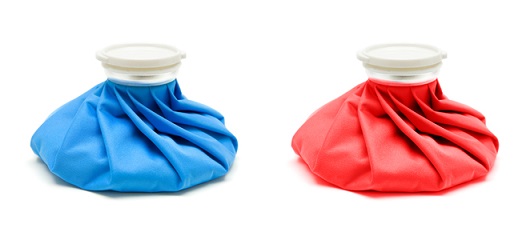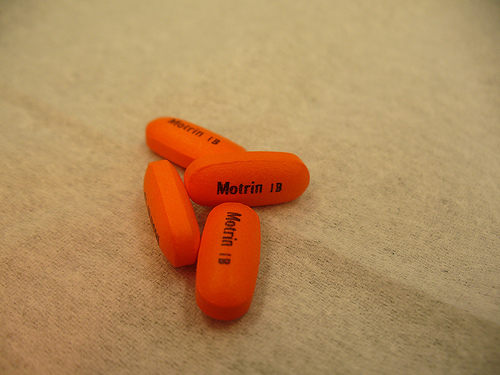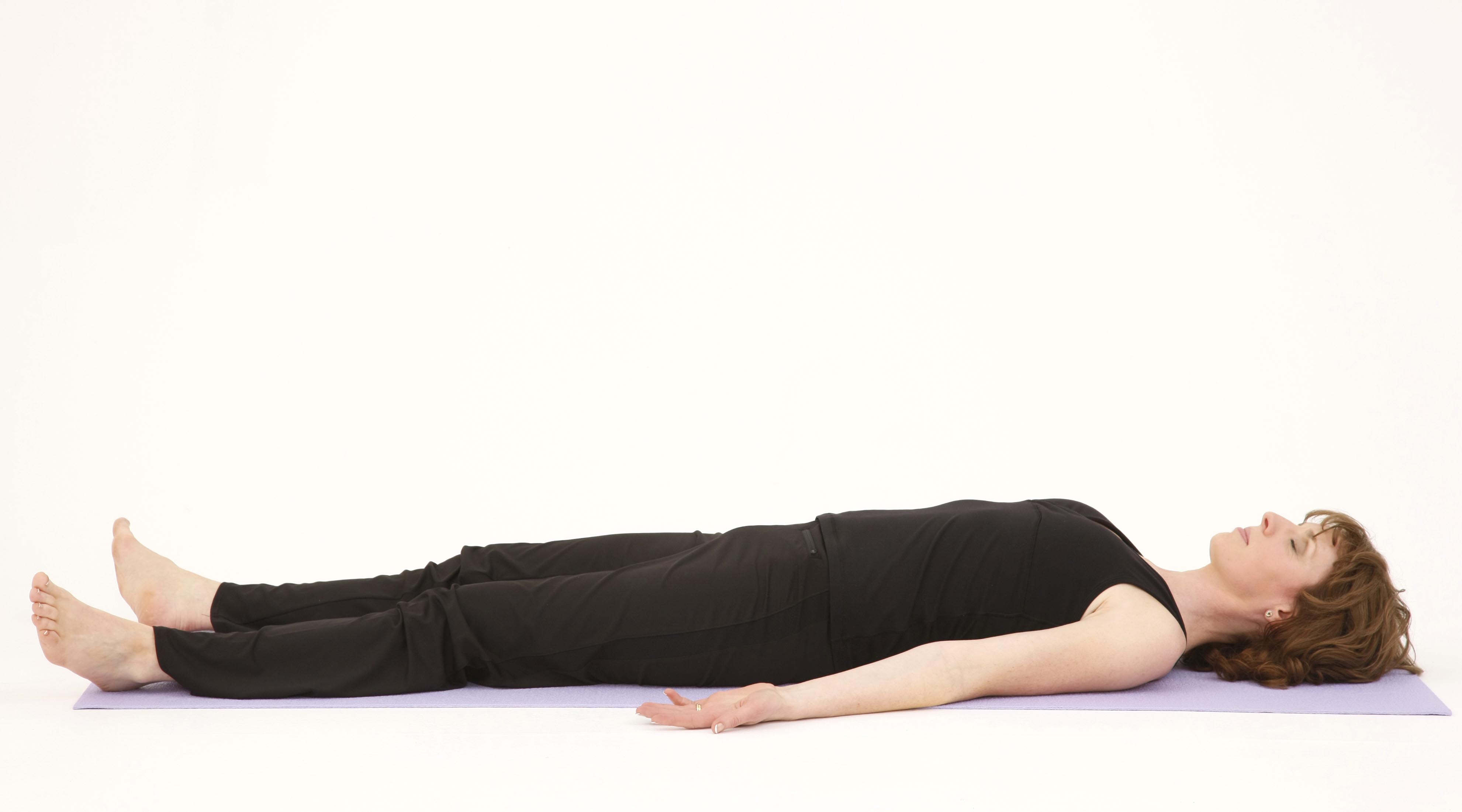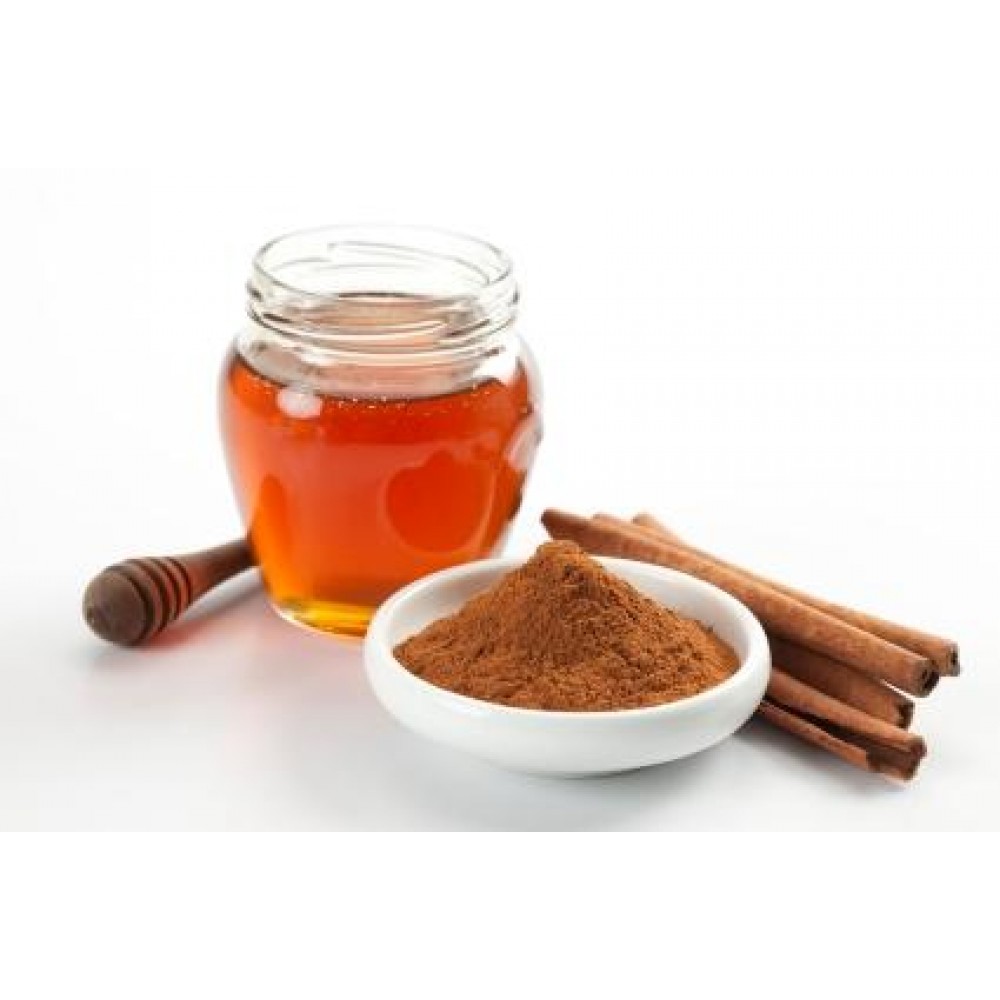A pinched nerve can cause irritating pain and discomfort. It is usually evident by a tingling or numbing feeling that comes and goes, getting worse over time. The condition is caused by nerve damage brought on by pressure for an extended period or trauma to the area. However, it can also occur if you have a herniated disc, arthritis and other various conditions. Luckily, there're ways to help manage the pain and bring some relief.
Heat or Ice for Pinched Nerve, Which Is Better?
There is no such a thing as which one is better. One of the most recommended treatment options for a pinched nerve is hot and cold therapy, which actually requires you alternate between heat and cold so that both the swelling and muscle tension is addressed. Cold treatment can reduce inflammation, while heat can relax your muscles. Both can provide comfort for a pinched nerve.
Cold can be applied with an ice pack, while heat can be administered by taking a hot bath or by using a heating pad. You may have to experiment until you find the treatment best for you, but keep in mind you may need to seek medical treatment. Also, discontinue one or both if they cause you discomfort or pain.

How to Apply
When the area around a pinched nerve gets inflamed, it can cause your pain to get worse by compressing it even more. To promote circulation and relieve swelling, consider hydrotherapy. Hydrotherapy is a method that utilizes both heat and ice. First ice is applied up to four times daily to reduce swelling. At night, heat is applied for about an hour for up to five nights. Try the following:
- Wrap an ice pack in a towel and gently place on area of pinched nerve. Apply light pressure to get the maximum cooling effect. Keep in place for up to 15 minutes, but no longer. If you cool the area for too long, you will hinder the healing process.
- When applying heat, try using a heating pad or hot water bottle. Heat promotes blood flow and in turn encourages healing. However, do not use more than an hour or you may worsen swelling.
- If you want, you can soak in a hot bath instead of using a heating pad, as long as the affected area is heated enough to decrease inflammation and relieve muscle tension.
More Remedies for Pinched Nerve
1. Take Pain and Inflammation Reducing Medication
 Several over-the-counter medications like aspirin and ibuprofen are good for both pain relief and reducing inflammation. They can help heat or ice for pinched nerve treatment methods work more efficiently.
Several over-the-counter medications like aspirin and ibuprofen are good for both pain relief and reducing inflammation. They can help heat or ice for pinched nerve treatment methods work more efficiently.
- Make sure to following dosing instructions.
- Speak with your doctor if you are concerned about effects and reactions with other medications you are taking.
- Read label about possible side effects.
2. Consume More Calcium
 If you lack in calcium, you increase your chances of suffering a pinched nerve. Calcium promotes nerve health and good overall well-being. Incorporate nutrient-rich foods like yogurt, cheese, milk, kale and spinach.
If you lack in calcium, you increase your chances of suffering a pinched nerve. Calcium promotes nerve health and good overall well-being. Incorporate nutrient-rich foods like yogurt, cheese, milk, kale and spinach.
- When shopping for groceries, look for calcium-fortified foods. Several brands offer enriched versions of their normal products.
- You can increase your calcium intake by taking a supplement. They are easily found in retail locations like a pharmacy or grocery store. Follow daily dosing instructions, never exceeding recommended amounts.
3. Make Time for Low-Impact Exercise
 Blood flow promotes oxygen circulation and helps speed your healing process. Low-impact exercise allows you to move your muscles with a lower chance of negatively affecting your pinched nerve. Swimming and walking are good examples of acceptable exercises. Combined with heat or ice for pinched nerve techniques, you can reduce discomfort. Like any exercise regime, discontinue any actions or movements that cause pain.
Blood flow promotes oxygen circulation and helps speed your healing process. Low-impact exercise allows you to move your muscles with a lower chance of negatively affecting your pinched nerve. Swimming and walking are good examples of acceptable exercises. Combined with heat or ice for pinched nerve techniques, you can reduce discomfort. Like any exercise regime, discontinue any actions or movements that cause pain.
- To reduce tension in the area of your pinched nerve, practice good posture during rest and exercise.
- Remain active, even if moderately, as inactivity slows healing.
- Lose weight if needed to ease pressure on affected area.
4. Add More Potassium-Rich Foods
 Research has found that potassium promotes cell metabolism, which creates a stronger bond between nerves. This leads to the belief that low potassium levels may result in a greater chance of a pinched nerve. Increasing your intake of the nutrient can relieve your symptoms more readily.
Research has found that potassium promotes cell metabolism, which creates a stronger bond between nerves. This leads to the belief that low potassium levels may result in a greater chance of a pinched nerve. Increasing your intake of the nutrient can relieve your symptoms more readily.
- Eat potassium-rich food like avocados, nuts, bananas and apricots.
- Drinking orange juice or skim milk can help with greater absorption of the nutrient.
- Consider taking a potassium supplement on a daily basis. However, check with a medical professional before adding to your diet as it may interact with other medications or aggravate certain existing conditions.
- Anytime you suspect a deficiency in potassium, see your doctor. There may be an underlying condition causing your low levels of the nutrient.
5. Massage Nerve with Heated Oil
 While heat or ice for pinched nerve provides relief, some find comfort through massage. Using heated oil enhances the treatment method, allowing for greater relief of muscle tension. Olive oil is often used as it contains several healing properties. The key is to heat the oil as much as you can and still be able to handle it comfortably. Too hot and you can burn yourself or promote inflammation instead of relieving it.
While heat or ice for pinched nerve provides relief, some find comfort through massage. Using heated oil enhances the treatment method, allowing for greater relief of muscle tension. Olive oil is often used as it contains several healing properties. The key is to heat the oil as much as you can and still be able to handle it comfortably. Too hot and you can burn yourself or promote inflammation instead of relieving it.
6. Rest Affected Area
 Often times, rest is the best medicine. You need to give the injured area a chance to heal. With the first signs, you should allow your pinched nerve to rest for up to 48 hours. Try lying in a flat position and getting a minimum of seven hours of sleep at night.
Often times, rest is the best medicine. You need to give the injured area a chance to heal. With the first signs, you should allow your pinched nerve to rest for up to 48 hours. Try lying in a flat position and getting a minimum of seven hours of sleep at night.
7. Consume Honey and Cinnamon
 Honey and cinnamon are both known to have healing properties. Combine them to create a thick mixture that can be applied to the affected area. Leave the mixture on the area that experiencing discomfort for 10-15 minutes. Gently wipe off with a wet cloth or rinse with water. Your skin may turn slightly red where applied, but this is common.
Honey and cinnamon are both known to have healing properties. Combine them to create a thick mixture that can be applied to the affected area. Leave the mixture on the area that experiencing discomfort for 10-15 minutes. Gently wipe off with a wet cloth or rinse with water. Your skin may turn slightly red where applied, but this is common.
When to Worry
If home remedies like heat or ice for pinched nerve or over-the-counter medications do not work or the pain keeps reoccurring, it is time to see a doctor. Pinched nerves can become increasingly uncomfortable, even possibly causing life-limiting pain. While most will resolve over time, you should watch out for symptoms indicating a more serious condition, especially if your neck or back is involved.
Signs to look out for include:
- Worsening pain after home remedies
- Persistent pain, especially if lasting more than a few days
- Sudden acute focal weakness, occurring when a specific area such as an entire leg loses its strength to the point you cannot walk or carry yourself. Remember, if you have a sudden weakness or pain in your left arm you should call 911 right away as you may be having a heart attack.
- Numbness, especially if it is intense. Again, sensation loss can be a symptom of a stroke so call 911 if it is extreme.
- Loss of bladder or bowel control
You know your body better than anyone. If any pain, discomfort or symptom has you worried, contact your doctor or an emergency room right away. Do not hesitate to seek medical advice.
